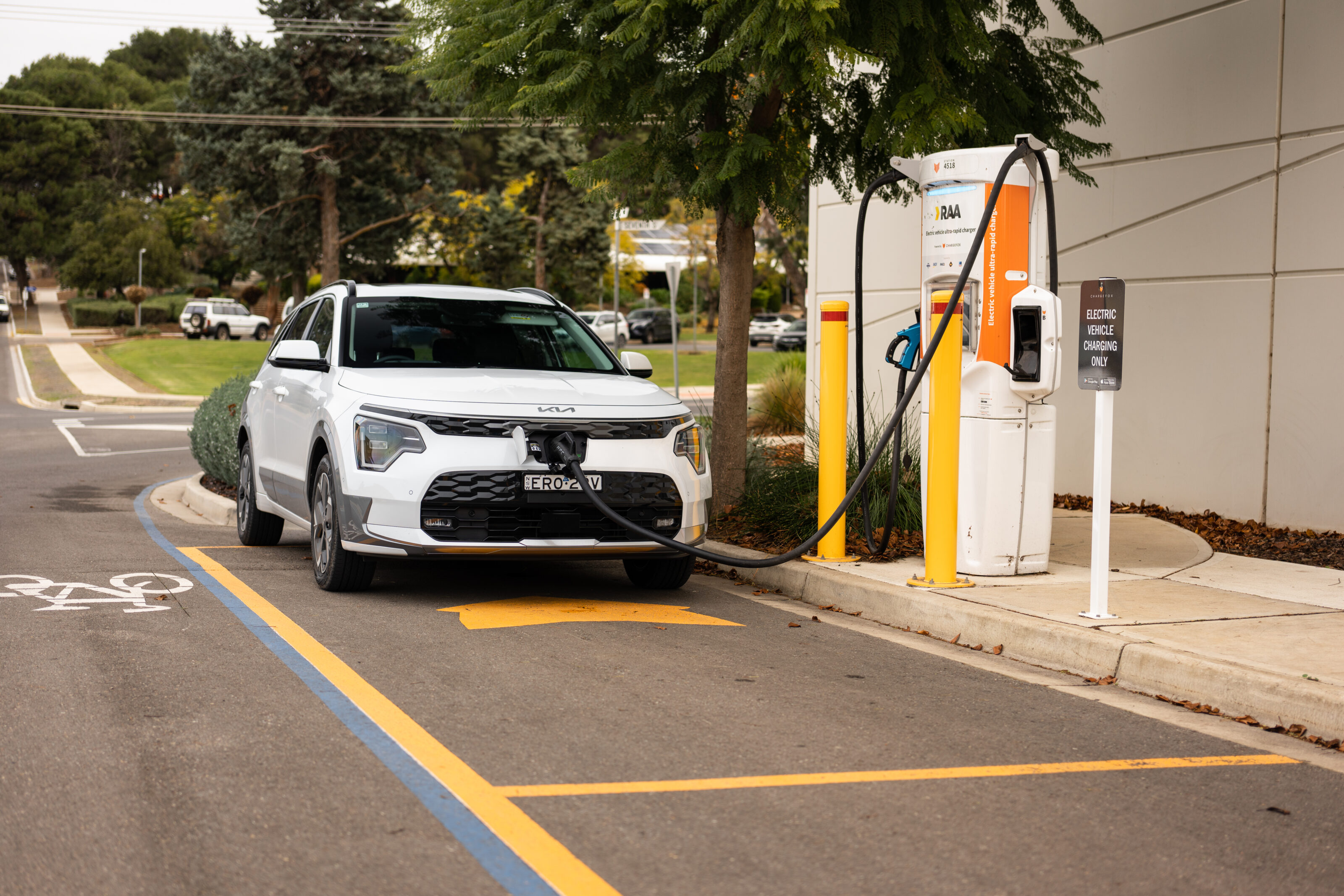
Industry bodies have welcomed today’s news that the Federal Government will consult on introducing a fuel-efficiency standard for new vehicles.
All major lobby groups, from the Federal Chamber of Automotive Industries (FCAI) to the Australian Automotive Dealers’ Association (AADA), have expressed interest in being involved in the talks, which are set to begin with the launch of a discussion paper next month.
Federal Minister for Climate Change and Energy, Chris Bowen, made the announcement at today’s inaugural EV Summit held in Canberra.
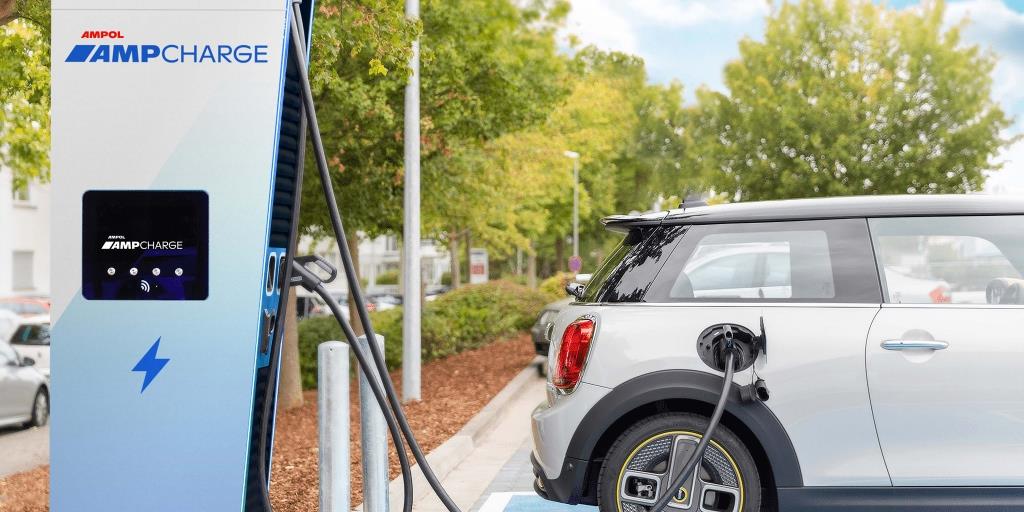
“It is incredibly important that the thousands of small and family automotive businesses which employ people, train people, invest in our economy and provide Australians with transport play a major part in the development of this strategy,” said AADA CEO James Voortman.
“New car dealers support action on lowering vehicle emissions, and consultation with industry is an encouraging sign that Australia will have a fit for purpose, nationally-led, electric vehicle strategy.
“As zero and low-emissions vehicles (ZLEV) become more prevalent, new car dealers will play an important role in supplying those vehicles to the market. They will also play an important role in demonstrating these cars to their customers and educating them on issues such as range, charging and performance.”

“Australia is a very small right-hand drive vehicle market in global terms, and it is situated at the end of a long and complex supply chain. Australia’s vehicle emissions standard needs to be realistic, achievable, and should not unduly punish consumers or motorists who cannot afford the transition,” he added.
Meanwhile, the FCAI, embroiled in controversy since last week when it was reported to be “launching a campaign behind closed doors” which would delay Australia’s transition to EVs, also came out in support of the Government’s consultation.
“This is the kind of courageous intent we have been seeking from our Federal Government and it is a major step on our journey to delivering low emission vehicles to Australian customers,” said FCAI chief executive Tony Weber.
“We have publicly advocated for a Government mandated CO2 target for many years. This is a good day.”
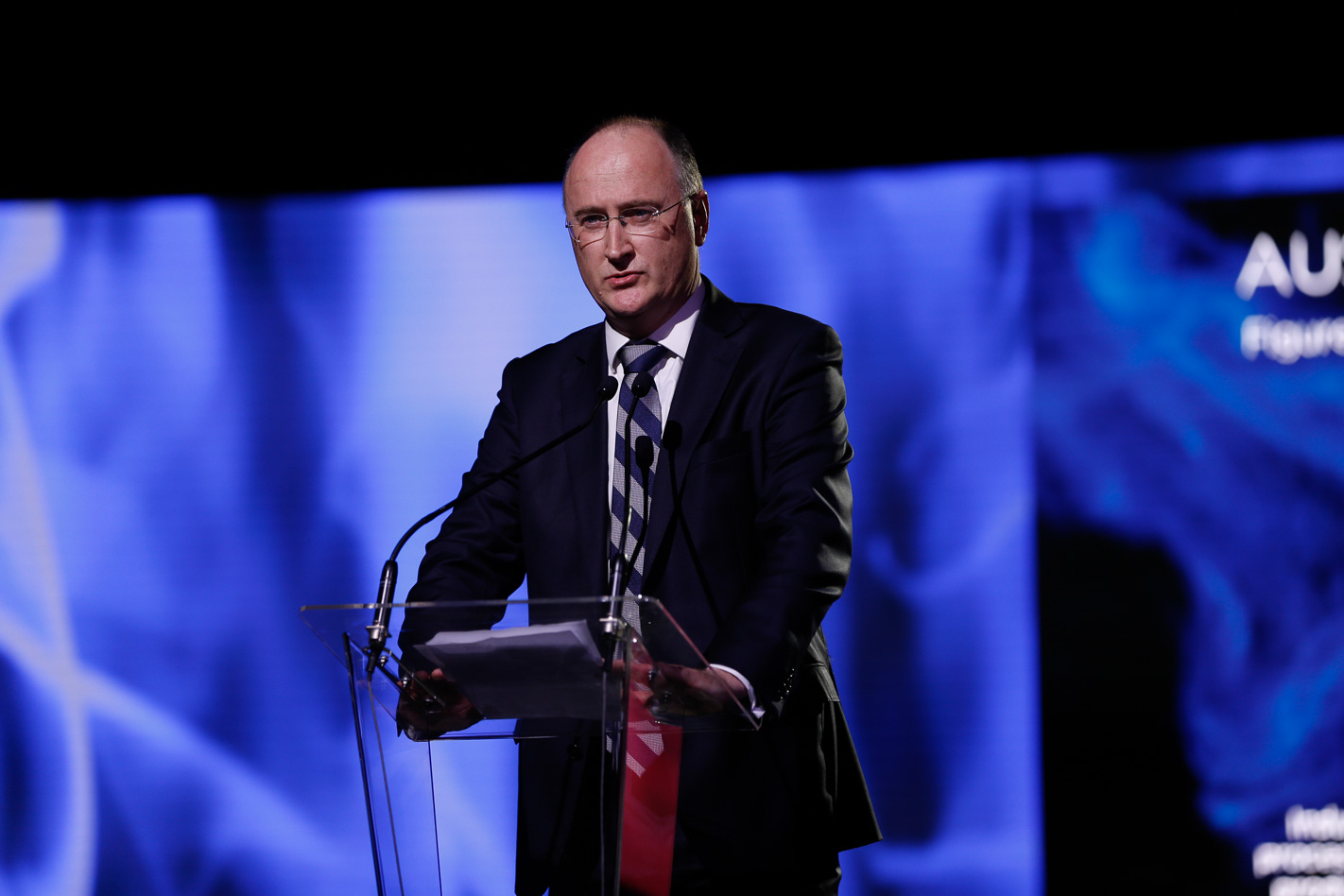
“The nationally led cooperative approach, supported by State and Territory Governments and relevant stakeholders, will help to build a comprehensive strategy that includes the complexities of vehicles, infrastructure, taxation, and incentives that are critical to achieving our climate change ambitions.
“It also is critical to ensure all Australians are included, rather than excluded because of where they live and what they can afford, and ensure ambition is matched with reality.”
Australia’s peak motoring body, the Australian Automobile Association (AAA), said it has long advocated for such a policy and “looks forward to helping the Government design an Australian-specific scheme that appropriately balances ambition, achievability, and costs to the consumer”.
However, it said it doesn’t want the Government to focus on a single technology, such as pure-electric vehicles, given Australia’s emission reduction targets will require an increased supply of vehicles using a range of fuels and technologies.
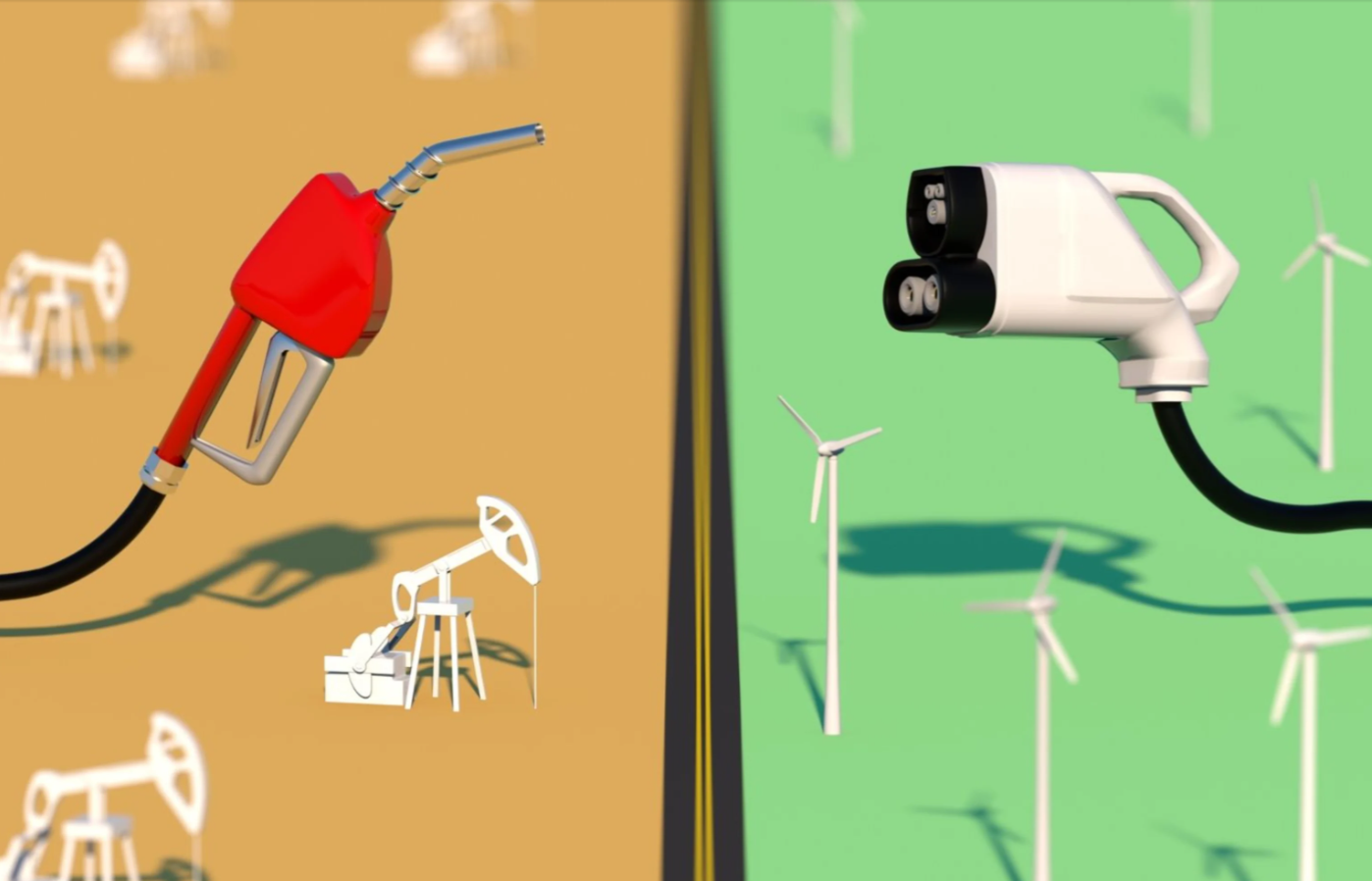
AAA managing director, Michael Bradley, said: “Electric vehicles will undoubtedly be part of the solution however a technology agnostic approach will ensure Australian motorists also benefit from access to ever-improving hybrid and internal combustion engines.
“Government is right to be ambitious, however we need to be mindful of the factors which will continue to constrain Australia’s access to emerging technologies, such as our unique fuel quality, traditional vehicle preferences, and the fact we’re a relatively small right-hand-drive market.
“The AAA is pleased to see the Government considering a market-based mechanism, such as a fuel-efficiency standard to incentivise global car companies to prioritise Australia. Such an approach will boost supply of cleaner cars to our market more effectively, and at a lower cost to consumers, than the subsidies and other government assistance schemes sometimes called for.”
Also raising concerns about how the Government will calculate an emissions target was local safety authority ANCAP, which stressed that “environmental targets should not come at the cost of safety”.
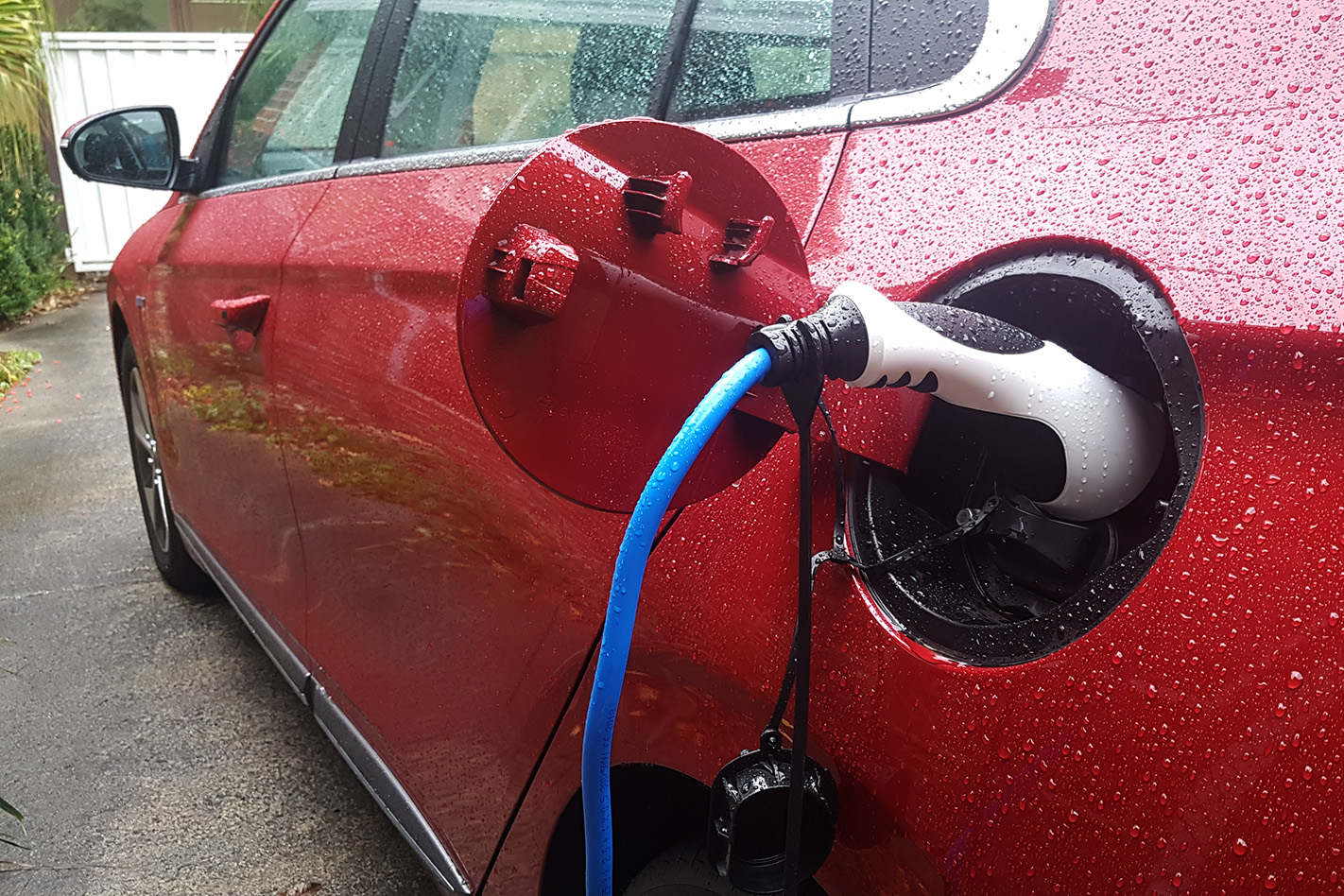
“It is clear more needs to be done to encourage the supply of alternative-powered vehicles to help reduce emissions and create a cleaner and sustainable Australia,” said ANCAP chief executive officer, Carla Hoorweg.
“With this, we want to remind consumers, fleet buyers, governments and the industry that the maintenance of high levels of safety must also remain a key factor.
“We know safety and environmental performance are top-of-mind considerations for the majority of new car buyers today, and pleasingly ANCAP has seen high levels of safety performance continue to flow through our ratings when evaluating the mix of electric, plug-in hybrid, hybrid and hydrogen-powered vehicle models.”
ANCAP has released a consumer guide listing its star ratings for hybrid, plug-in hybrid, hydrogen and all-electric vehicles in Australia.
In total, it has tested 41 electrified vehicles thus far and is prioritising testing and rating for upcoming vehicles due to demand.
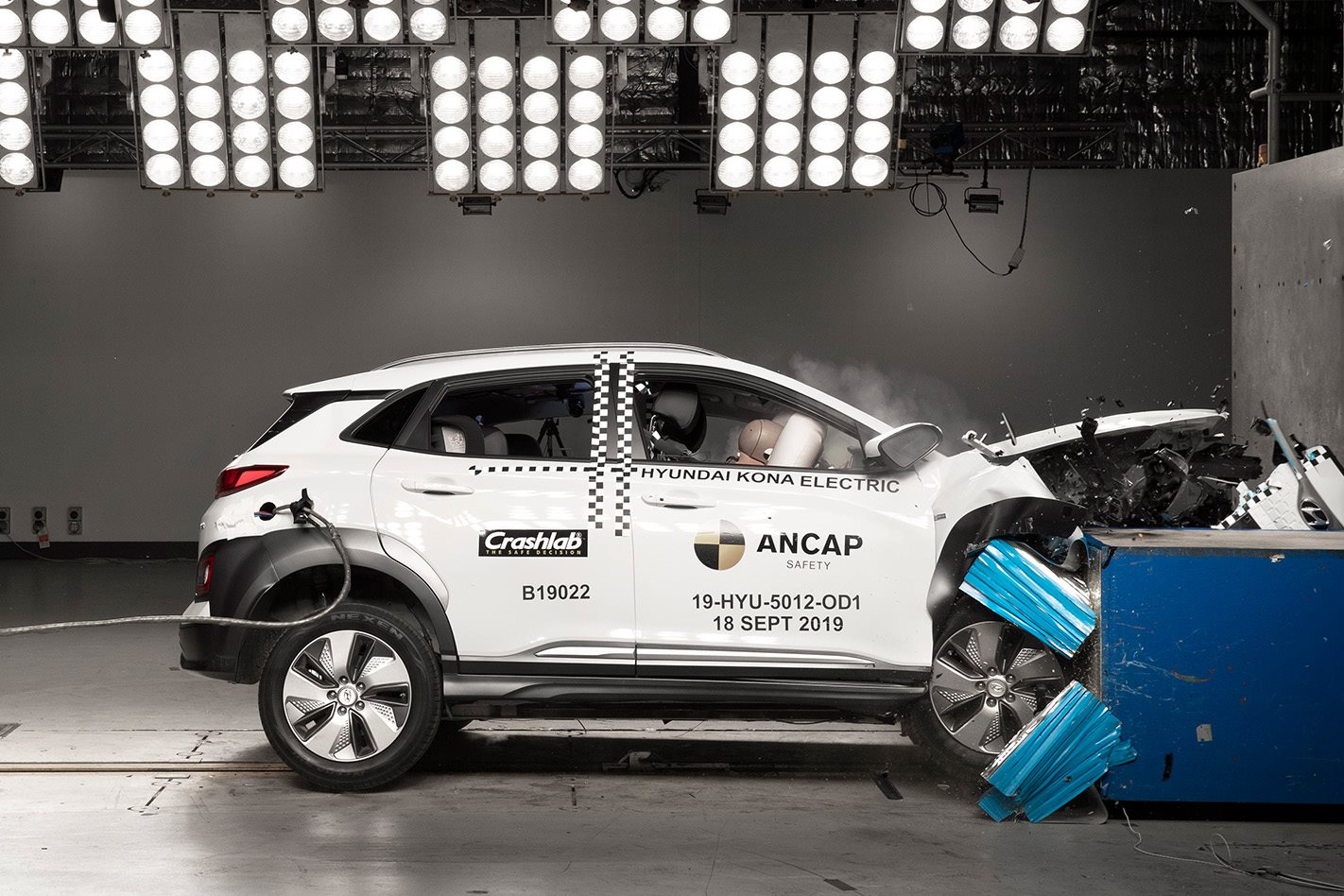
“We’re on the cusp of seeing a number of lower-cost EVs arrive in our market,” Hoorweg added.
“Adopting a sensible approach reinforces to the industry – existing and new market entrants – that high levels of safety are expected with any and all new alternative-powered models that are on their radar for potential release into our market.”
The safety authority says electrified vehicles are subject to identical testing procedures as internal-combustion vehicles; however, it conducts additional checks on high-voltage components – including the battery and wiring – following the crash tests.
In addition, it encourages manufacturers to provide a Rescue Sheet, which assists first responders in identifying hazards such as high-voltage parts.
We recommend
-
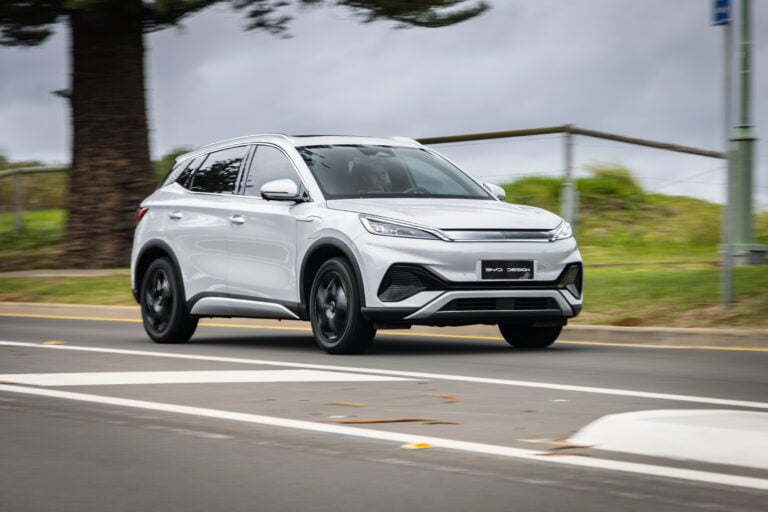 News
NewsNew car emissions target finally on the cards: Federal Govt to launch consultation next month
The electric vehicle strategy will aim to improve EV supply in Australia and reduce emissions from the transport sector
-
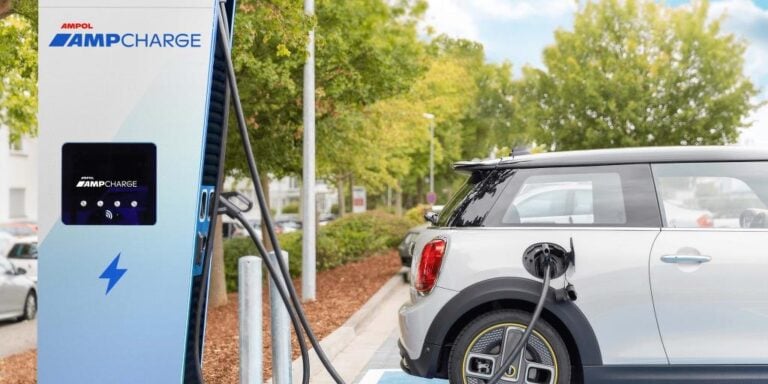 News
NewsFederal Government launches consultation on EV strategy
Australia can't afford to go at the pace other countries did, leaders say, we're already too far behind the curve
-
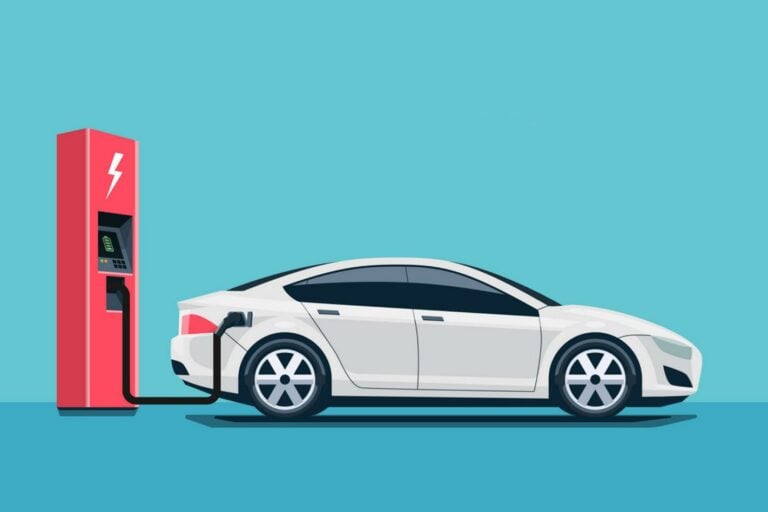 News
News"We need unity": Battlelines drawn over EV targets ahead of summit
After a public row started earlier this week over how far the car industry should be pushing for what an appropriate emissions target would be, things have escalated



